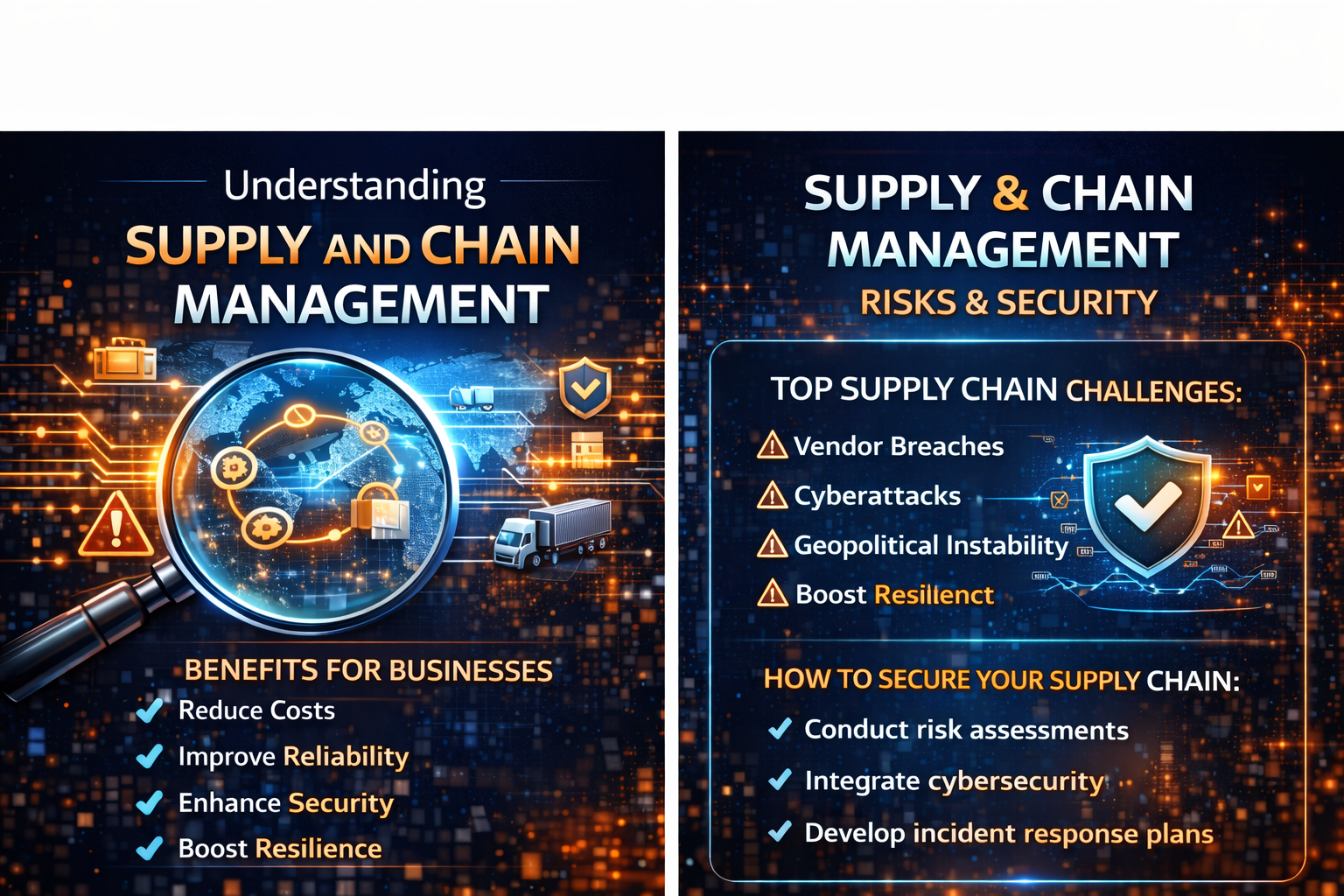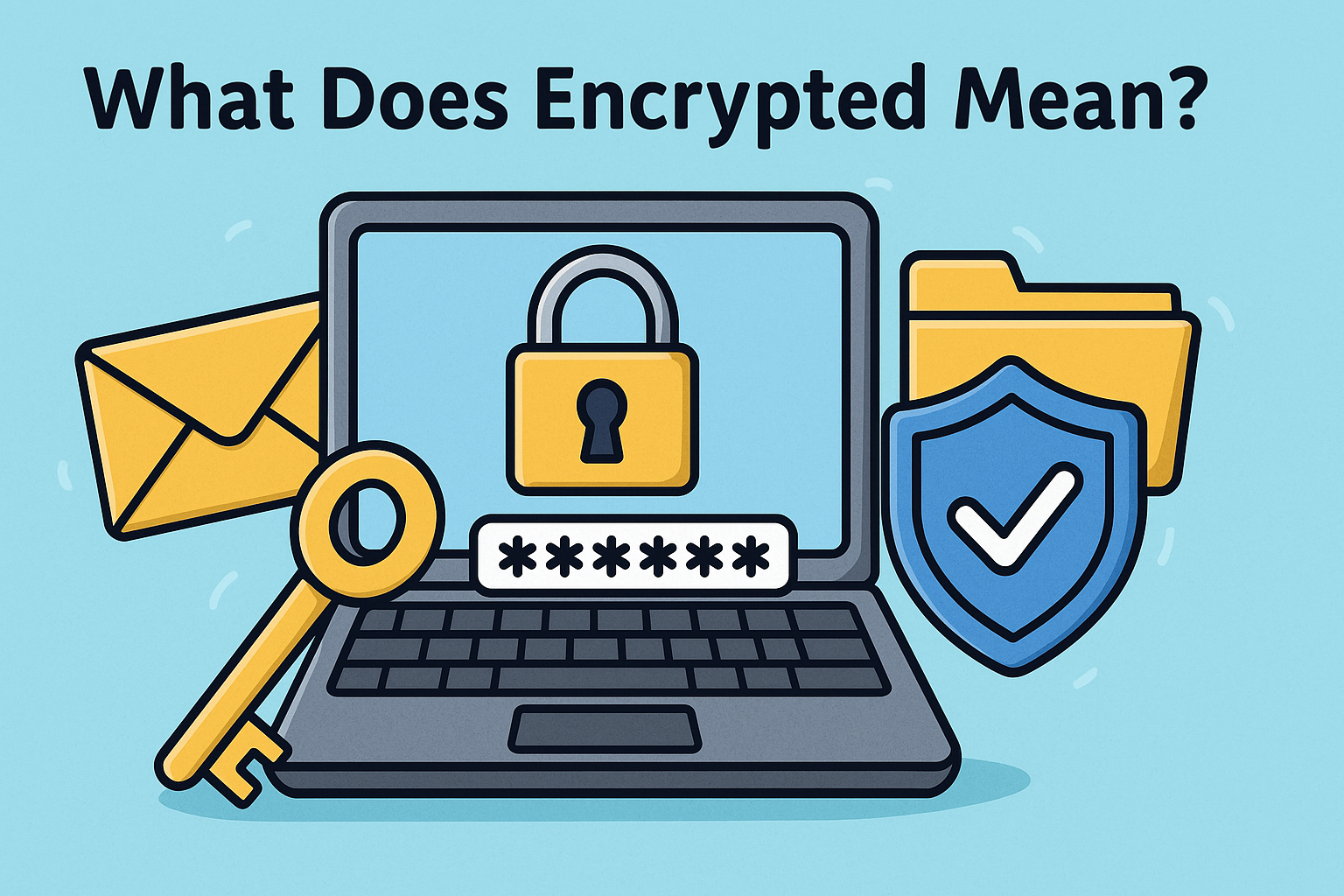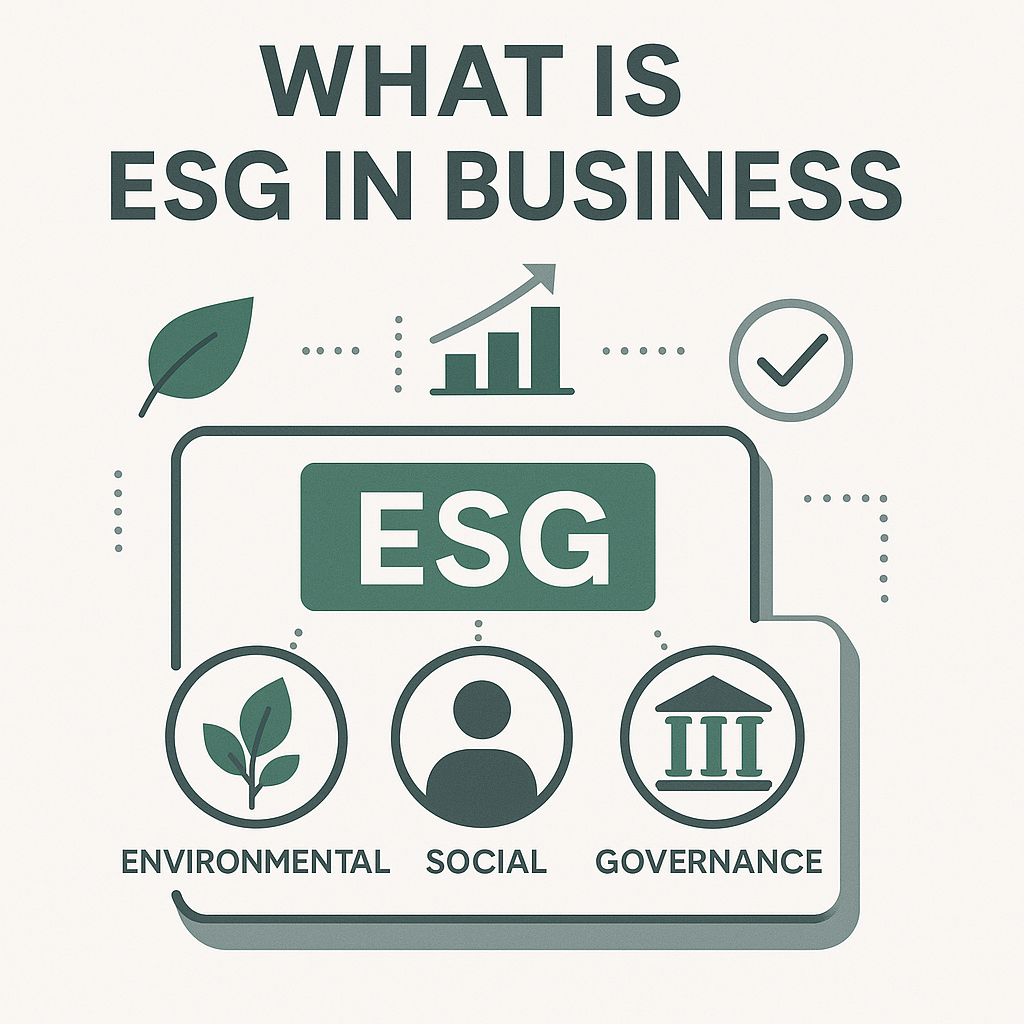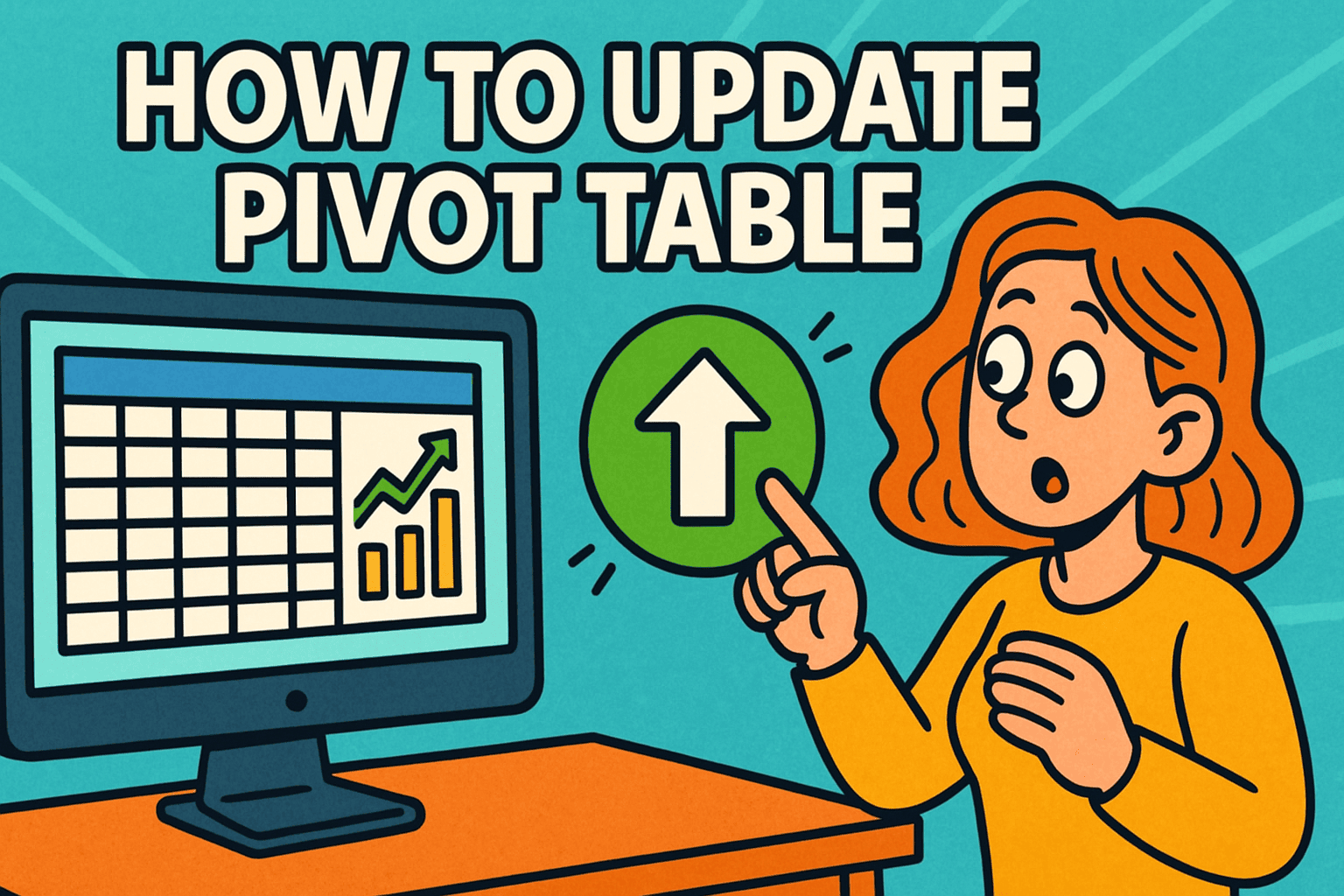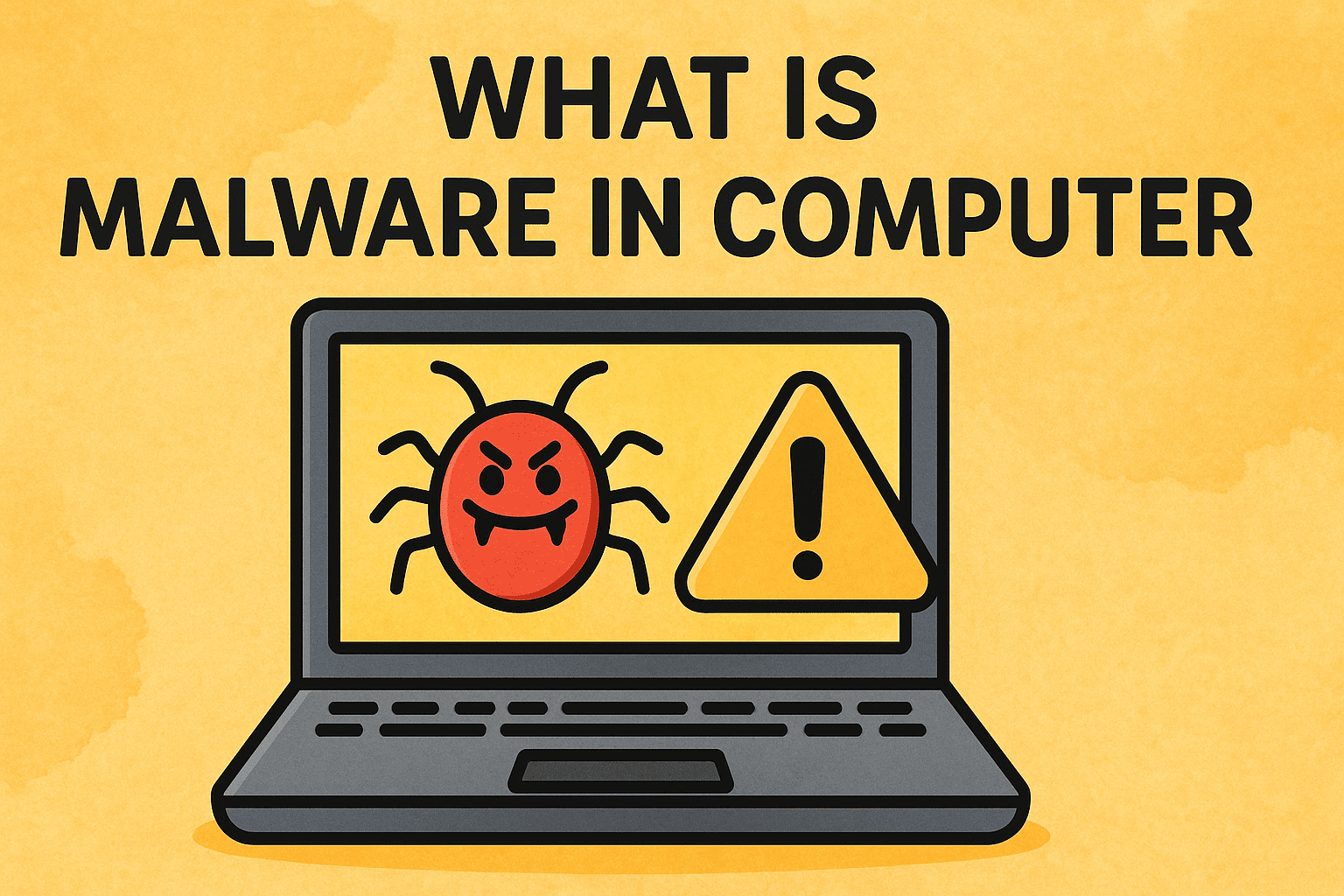What Is IMAP Server? A Complete Guide for IT and Cybersecurity Leaders
Updated on September 22, 2025, by Xcitium
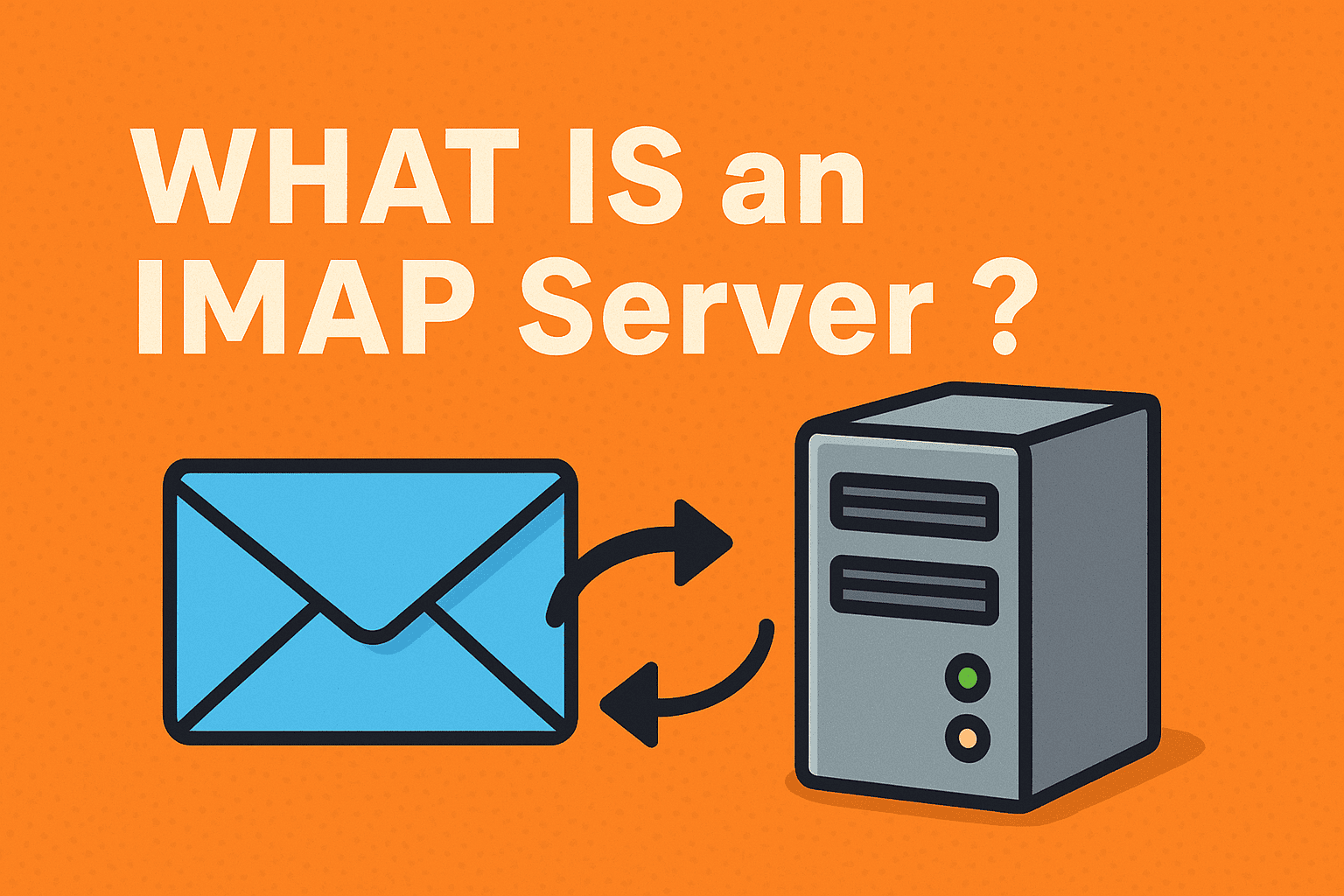
Have you ever asked yourself, “What is IMAP server, and how does it affect the way I access email?” In today’s digital-first world, businesses rely on efficient and secure communication systems. IMAP (Internet Message Access Protocol) servers power modern email synchronization across devices, ensuring that messages are always up to date.
For IT managers, cybersecurity professionals, and executives, understanding what an IMAP server is is crucial—not only for email convenience but also for securing enterprise communication channels against cyber threats.
What Is an IMAP Server?
An IMAP server (Internet Message Access Protocol server) is a type of email server that allows users to access and manage their emails from multiple devices in real time.
- Protocol: IMAP operates at the application layer.
- Functionality: Keeps email stored on the server rather than downloading it.
- Use Case: Ensures synchronization across desktops, smartphones, and tablets.
👉 In simple terms, an IMAP server ensures that your email looks the same everywhere you access it.
How Does an IMAP Server Work?
To fully answer what is IMAP server, let’s look at how it functions:
- Connection: Your email client (like Outlook, Thunderbird, or Gmail) connects to the IMAP server.
- Synchronization: Instead of downloading emails, the client displays what’s stored on the server.
- Storage: Emails remain on the server unless manually deleted.
- Real-Time Updates: Any changes (read, delete, move) reflect instantly across all devices.
👉 IMAP provides seamless, synchronized email management.
IMAP vs. POP3: What’s the Difference?
When people ask what is IMAP server, they often compare it to POP3.
- IMAP (Internet Message Access Protocol):
- Stores emails on the server.
- Synchronizes across devices.
- Ideal for enterprise collaboration.
- POP3 (Post Office Protocol):
- Downloads emails to one device.
- Deletes them from the server (by default).
- Best for single-device users.
👉 For businesses and IT managers, IMAP is the superior choice for flexibility and collaboration.
Benefits of Using IMAP Servers
Why should enterprises care about what is IMAP server? The advantages are clear:
- Multi-Device Access: Perfect for employees working across laptops, tablets, and phones.
- Centralized Storage: Keeps data on secure servers instead of scattered devices.
- Collaboration-Friendly: Teams can access shared mailboxes in real time.
- Efficiency: Only downloads email headers until opened, saving bandwidth.
- Security: Supports modern encryption standards like SSL/TLS.
Security Considerations with IMAP Servers
While IMAP improves efficiency, it also creates attack surfaces.
Risks
- Credential Theft: Hackers may intercept login details.
- Phishing Attacks: Exploiting email as an entry point.
- Man-in-the-Middle Attacks: Targeting unencrypted IMAP connections.
- Server Breaches: Centralized email storage becomes a high-value target.
Best Practices for IT Managers
- Enforce SSL/TLS encryption for all IMAP connections.
- Use multi-factor authentication (MFA) for user logins.
- Regularly update and patch IMAP servers.
- Monitor logs with SIEM tools to detect anomalies.
- Adopt Zero-Trust security principles for email access.
IMAP in Enterprise Environments
For executives and IT leaders, knowing what is IMAP server is also about strategy:
- Email Archiving: IMAP supports long-term storage for compliance (HIPAA, GDPR, SOX).
- Integration: Works seamlessly with ERP, CRM, and cybersecurity platforms.
- Remote Workforce: Ensures employees always have synchronized email access.
- Disaster Recovery: Centralized email reduces data loss risks.
Limitations of IMAP
Despite its advantages, IMAP has drawbacks:
- Server Dependency: Emails require constant internet connectivity.
- Storage Costs: Large email volumes may strain servers.
- Performance Issues: Can be slower than POP3 for huge mailboxes.
- Complex Setup: Requires IT expertise for secure configuration.
👉 IT managers must weigh these limitations against organizational needs.
FAQs on IMAP Servers
Q1. What is an IMAP server used for?
It’s used to store and manage emails on a server while syncing them across multiple devices.
Q2. Is IMAP more secure than POP3?
Yes, IMAP supports stronger encryption and multi-device access, but it still requires security best practices.
Q3. Can IMAP work offline?
Yes, email clients can cache emails for offline viewing, but changes sync only when reconnected.
Q4. Do businesses still use IMAP?
Yes, especially for collaboration, remote access, and compliance needs.
Q5. What’s the difference between IMAP and Exchange?
IMAP focuses on email synchronization, while Exchange adds calendars, contacts, and advanced collaboration.
Conclusion: Why IMAP Matters for Business Leaders
So, what is IMAP server? It’s the technology that enables modern email synchronization across devices, making it essential for businesses in a mobile-first world.
For IT managers, cybersecurity professionals, and executives, IMAP servers are more than a convenience—they’re part of a secure communication infrastructure that supports compliance, collaboration, and business continuity.
👉 Ready to secure your enterprise communication systems? Explore how Xcitium’s Zero-Trust solutions can protect IMAP servers and business data from evolving cyber threats.



